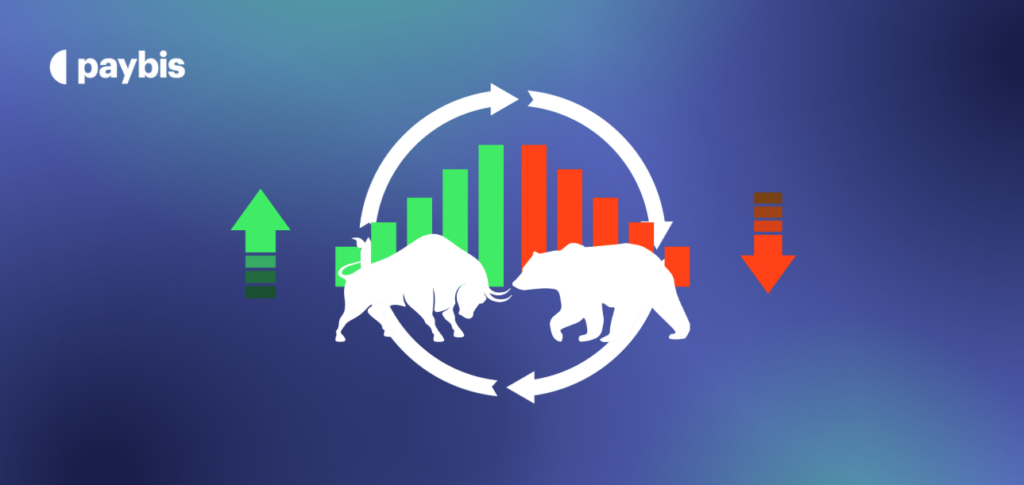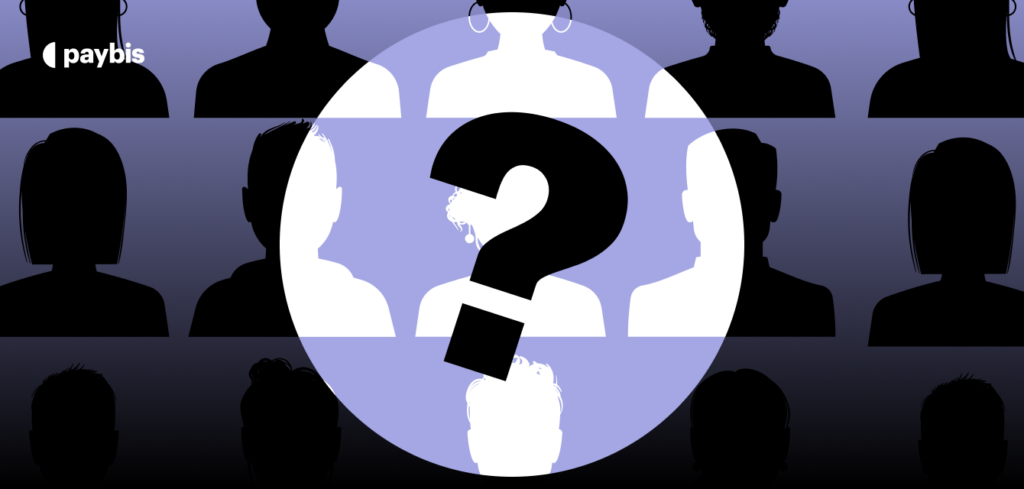Exchange
A crypto exchange is a digital marketplace where users can buy, sell, and trade cryptocurrencies. Exchanges act as platforms that match buyers with sellers, offering tools for trading, storing, and sometimes staking crypto. There are two main types: centralized exchanges (CEXs) and decentralized exchanges (DEXs).
Table of contents
What Is a Crypto Exchange?
A crypto exchange is the primary entry point for most people into the cryptocurrency world. It works much like a stock exchange, but instead of trading shares, users buy and sell digital assets.
On an exchange, you can purchase crypto with traditional money (like dollars or euros), swap one cryptocurrency for another, or sell your holdings back into cash or stablecoins. Exchanges also provide tools for traders, like different order types and price charts, making the process of buying and selling much smoother.
Types of Crypto Exchanges
Centralized exchanges (CEXs) are run by companies that act as intermediaries between buyers and sellers. Popular examples include Binance, Coinbase, and Kraken. These platforms are known for high liquidity, fast transactions, and user-friendly features: margin trading, staking, or futures. However, using them usually requires creating an account and completing identity verification.
Decentralized exchanges (DEXs), on the other hand, operate without intermediaries. They use smart contracts to allow users to trade directly from their wallets. This means you always stay in control of your funds, and there’s usually no need for identity checks.
Popular DEXs include Uniswap, PancakeSwap, and dYdX. While DEXs offer more privacy and align with crypto’s decentralization ethos, they often have lower liquidity compared to CEXs and can be more complex for beginners.
Why Exchanges Matter in Crypto
Exchanges play a central role in the cryptocurrency ecosystem. They make it possible for new users to buy their first Bitcoin or Ethereum and provide the liquidity that keeps markets running smoothly. Without exchanges, it would be much harder for people to convert fiat money into crypto or trade one coin for another.
Exchanges also act as bridges between traditional finance and digital assets, giving people a way to move money between the two worlds. They are hubs of innovation as well – many new projects and tokens gain exposure by being listed on exchanges.
Whether centralized or decentralized, exchanges are the infrastructure that powers crypto adoption.
Crypto Exchanges Examples
Some of the most well-known exchanges are Paybis, Binance, Coinbase, and Kraken, which serve millions of users worldwide. On the decentralized side, platforms like Uniswap and PancakeSwap have become key players in the DeFi ecosystem, enabling peer-to-peer trading without intermediaries.
FAQ
What is the difference between a CEX and a DEX?
A centralized exchange is managed by a company and takes custody of your funds, while a decentralized exchange lets you trade directly from your own wallet using smart contracts.
Do I need KYC to use an exchange?
Most centralized exchanges require identity verification (KYC) to comply with regulations. Decentralized exchanges usually don’t, since they don’t hold user funds.
Which is safer: CEX or DEX?
Centralized exchanges are convenient and beginner-friendly but carry risks such as hacks or withdrawal freezes. Decentralized exchanges give you full control of your funds, though this also means you are responsible for keeping them secure.
Can I trade any crypto on an exchange?
No. Each exchange decides which cryptocurrencies it lists. Well-known coins like Bitcoin, Ethereum, and USDT are available almost everywhere, while smaller tokens may only be accessible on DEXs.
Are exchanges regulated?
Some are. Large centralized exchanges usually follow financial regulations, while most decentralized exchanges operate without formal oversight.
Disclaimer: Don’t invest unless you’re prepared to lose all the money you invest. This is a high‑risk investment and you should not expect to be protected if something goes wrong. Take 2 mins to learn more at: https://go.payb.is/FCA-Info


